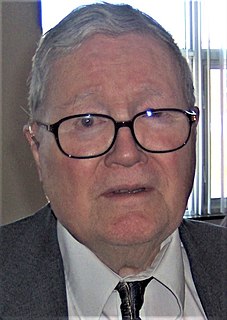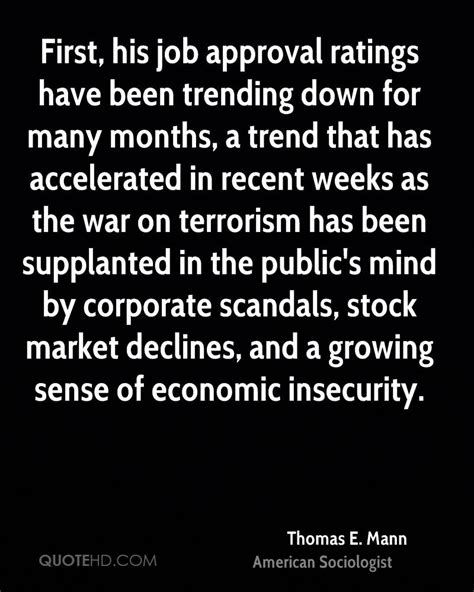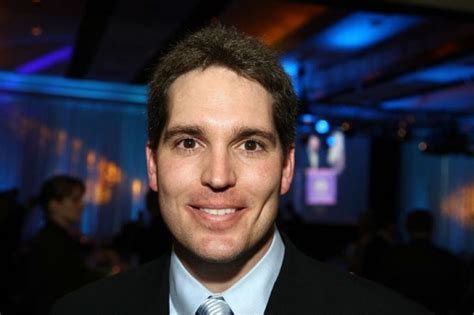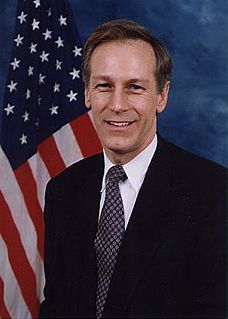A Quote by Bradley A. Smith
Incumbents don't like it, but political competition is a good thing. Incumbents usually outspend challengers by better than 3 to 1. Super PACs, which tend to support challengers, have nullified some of this advantage.
Related Quotes
The reapportionment of 2002 designed congressional districts that favored incumbents of both parties, leaving virtually no room for challengers to be elected. Of 435 members of the House of Representatives, only four incumbents lost to nonincumbents of the other party. In all, 96 percent of incumbents were re-elected. (It was only 90 percent in 1992 and 1982 after the previous reapportionments.)
The case may very well be that Congress is willing to restrict campaign contributions because it has these privileges. It is true that incumbents normally get larger contributions than their challengers. The opponents at least get some money, but they do not have access to the perquisites of the incumbent.
For many years, we have had these campaign finance reforms, and they have been failures. Money is more coursing through our system than ever before. Incumbents have used the laws to advantage themselves. And one of the reasons I think they have been failures is we have tried to crush down the money in places like the political parties, and it has squished out into opaque super PACs and sort of hidden channels.
What we have are - some of the big political donors behind the super PACs are big on promoting more of these trade agreements which cost us jobs - another reason that we need to end political action committees and have only individual donations with their donations being disclosed completely with names and addresses and other information.



































